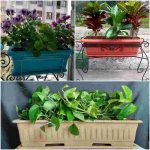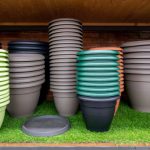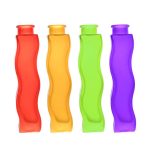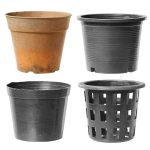HS Code of Plastic Vase Understanding Import Regulations + sell price
what will you read...
Importance of plastic vase HS Code ClassificationHS Code for Plastic VasesUnderstanding Import Regulations for plastic vasesBest Practices for Importing Plastic Vases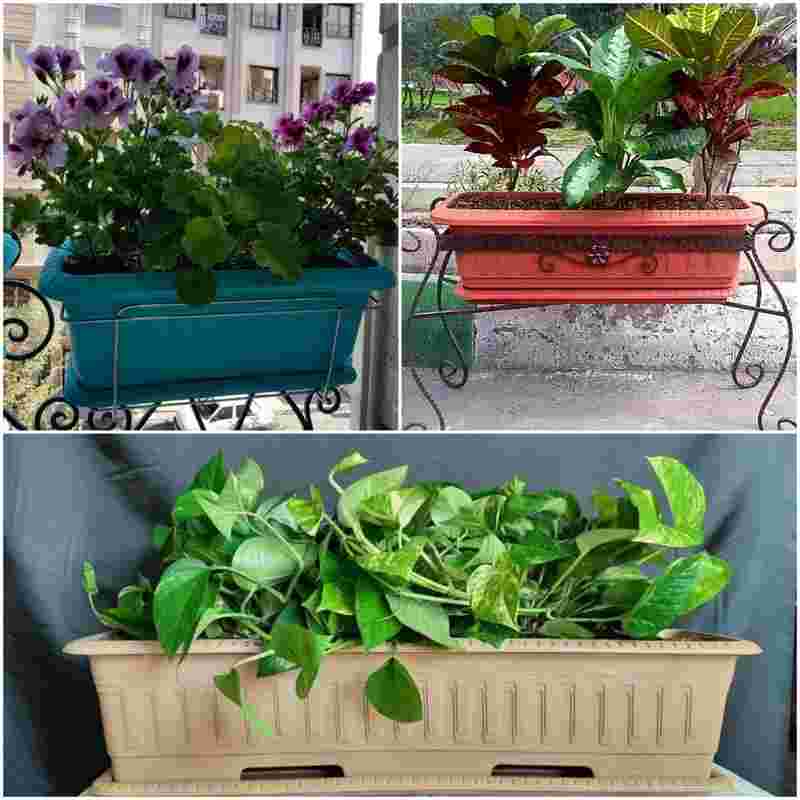
HS Code 19 of Plastic Vas Understanding Import Regulations the Harmonized System (HS) Code is an internationally standardized system of names and numbers used to classify traded products. It plays a crucial role in international trade, as it helps customs authorities identify products, assess duties, and enforce regulations. For businesses involved in importing plastic vases, understanding the relevant HS codes and associated import regulations is essential to ensure compliance and avoid potential penalties. This article will explore the HS code for plastic vases, the importance of correct classification, and the regulations governing their importation.
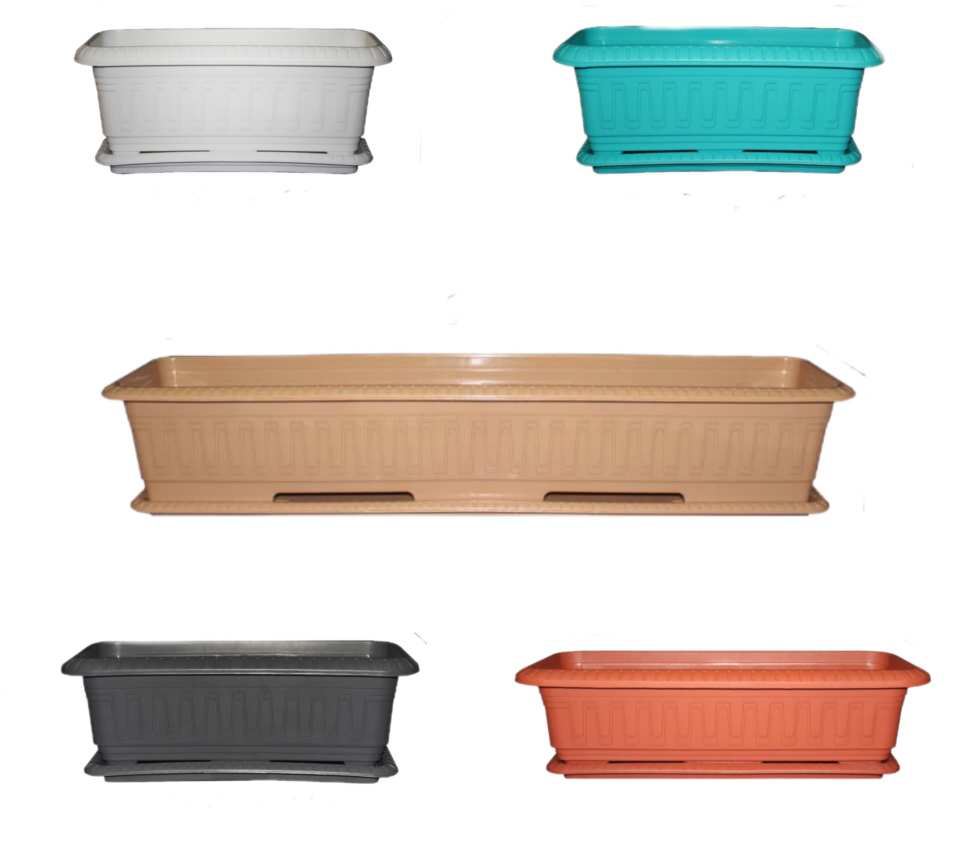
Importance of plastic vase HS Code Classification
The HS code classification is vital for several reasons. Firstly, it facilitates the smooth flow of international trade by providing a common language for customs authorities around the world. Each product is assigned a specific code that indicates its category, making it easier for customs officials to identify and process shipments. For plastic vases, the correct HS code ensures that they are classified appropriately, avoiding delays and complications during customs clearance.
Secondly, accurate HS code classification helps importers understand the applicable tariffs and duties. Different products may be subject to varying rates of duty, and knowing the correct code allows businesses to calculate the costs associated with importing plastic vases. This information is crucial for budgeting and pricing strategies, ensuring that importers remain competitive in the market.
Finally, proper HS code classification is essential for compliance with regulations. Importers must adhere to various legal requirements, including safety standards and labeling regulations. By correctly classifying their products, businesses can ensure they meet all necessary criteria, reducing the risk of penalties or product recalls.
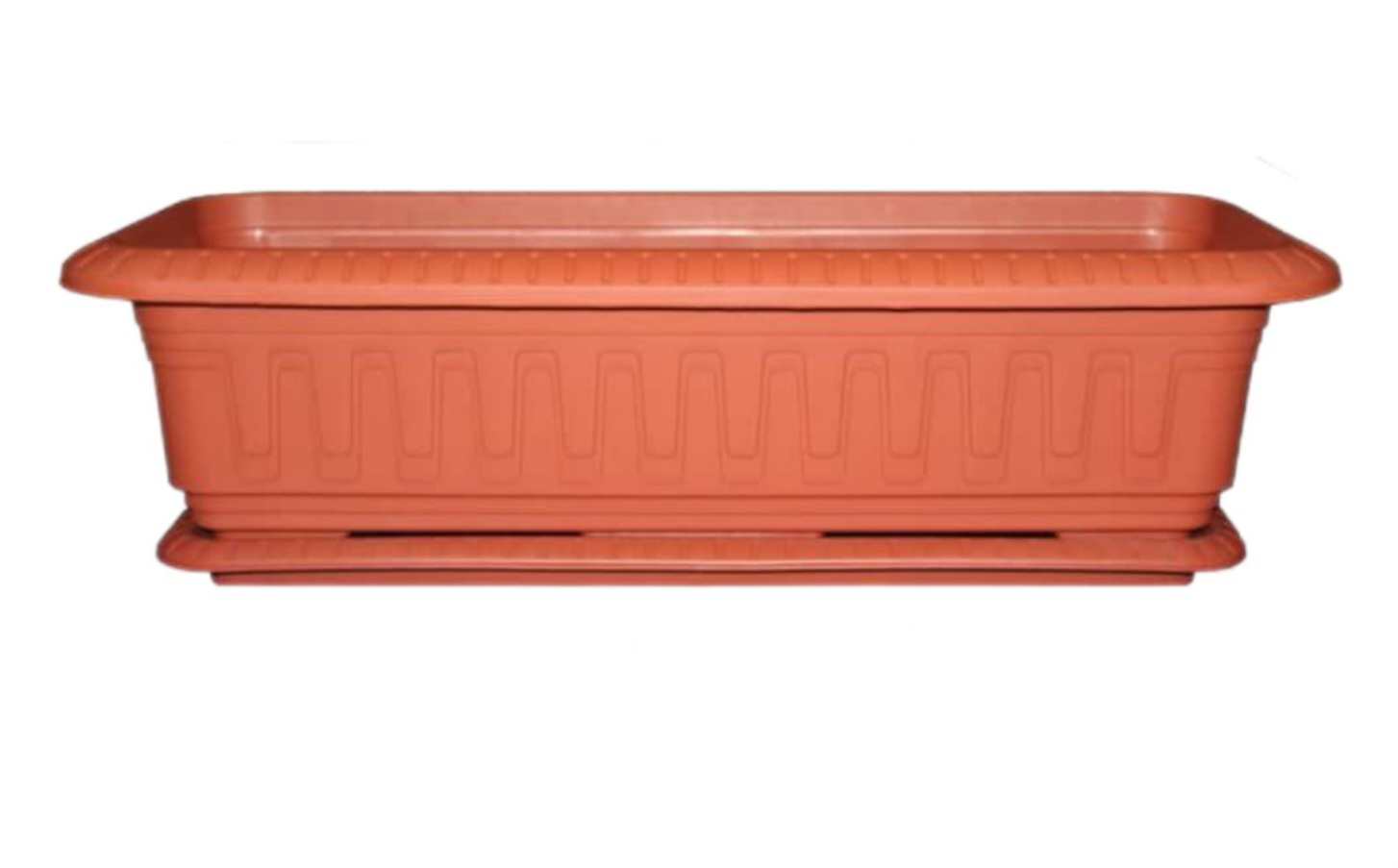
HS Code for Plastic Vases
Plastic vases fall under the broader category of plastic articles in the HS classification system. The specific HS code for plastic vases is typically found in Chapter 39, which covers plastics and articles made from plastics. The relevant code for plastic vases is usually 3924.90, which encompasses “other articles of plastics.” However, it is essential to consult the specific customs regulations of the importing country, as there may be variations or additional subcategories that apply.
When importing plastic vases, it is crucial to ensure that the correct HS code is used on all shipping documents, including invoices and customs declarations. Incorrect classification can lead to delays, fines, or even seizure of the goods. Importers should also be aware of any specific regulations or restrictions that may apply to plastic products in their target markets, such as environmental regulations regarding the use of certain plastics.

Understanding Import Regulations for plastic vases
Import regulations for plastic vases can vary significantly depending on the destination country. Importers must familiarize themselves with the specific requirements of the country they are importing to, as failure to comply can result in costly penalties or the rejection of shipments. Common import regulations may include:
1. Customs Declarations: Importers must submit accurate customs declarations, including the correct HS code, product description, and value of the goods. This information is essential for customs authorities to assess duties and ensure compliance with regulations.
2. Tariffs and Duties: Importers should be aware of the tariffs and duties applicable to plastic vases in the importing country. These fees can significantly impact the overall cost of the imported goods, so it is essential to factor them into pricing strategies.
3. Safety Standards: Many countries have specific safety standards that plastic products must meet. Importers should ensure that their plastic vases comply with these standards, which may include testing for harmful substances or ensuring that the products are safe for consumer use.
4. Labeling Requirements: Import regulations may require specific labeling on plastic products, including information about the materials used, recycling symbols, and safety warnings. Ensuring compliance with these labeling requirements is essential to avoid fines and ensure consumer safety.

Best Practices for Importing Plastic Vases
To successfully navigate the complexities of importing plastic vases, businesses should follow several best practices:
1. Research Regulations: Before importing, conduct thorough research on the import regulations of the target country. This includes understanding the applicable HS codes, tariffs, safety standards, and labeling requirements.
2. Consult with Experts: Consider consulting with customs brokers or trade experts who can provide guidance on the import process. These professionals can help ensure that all documentation is accurate and that the products comply with relevant regulations.
3. Maintain Accurate Records: Keep detailed records of all import transactions, including invoices, customs declarations, and correspondence with suppliers. This documentation can be invaluable in the event of an audit or dispute.
4. Stay Informed: Import regulations can change frequently, so it is essential to stay informed about any updates or changes that may impact your business. Subscribe to industry newsletters or join trade associations to receive timely information.
5. uoality Control: Implement quality control measures to ensure that the plastic vases meet the required safety standards and specifications. This can help prevent issues during customs inspections and ensure customer satisfaction.
Understanding the HS code for plastic vases and the associated import regulations is crucial for businesses involved in international trade. Accurate classification, compliance with safety standards, and adherence to labeling requirements are all essential components of a successful import strategy. By following best practices and staying informed about regulations, importers can navigate the complexities of the import process and ensure the smooth flow of their products into the market. This knowledge not only helps businesses avoid costly penalties but also contributes to a more efficient and effective supply chain.





